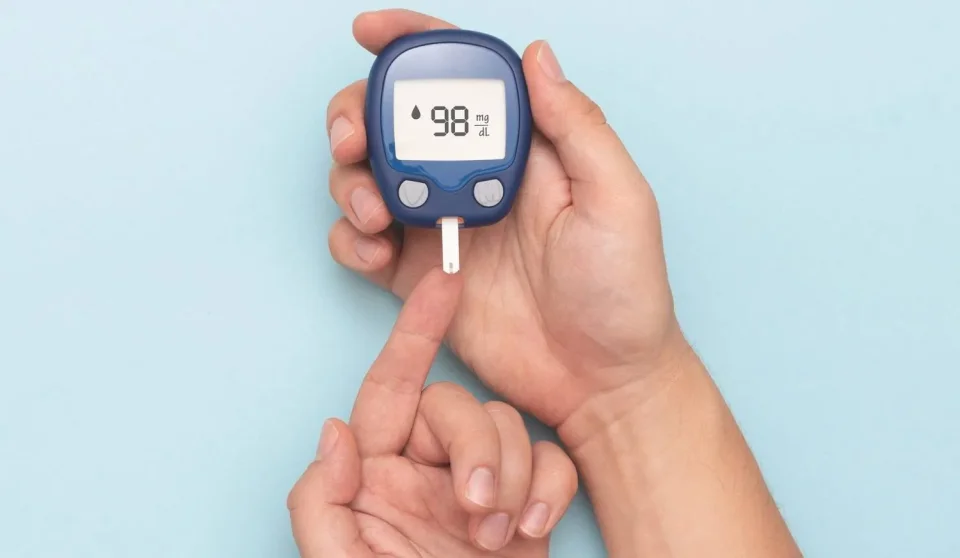
Development of 'Smart' Insulin Promises Innovative Treatment for Diabetes Patients
SadaNews - Researchers at the Indiana University School of Medicine have made significant progress in developing a new type of smart insulin that reduces episodes of low blood sugar, representing a promising step toward innovative treatment for type 1 diabetes patients.
They explained that the innovative treatment opens the door to developing long-acting forms of insulin that contribute to enhancing comfort and quality of life for patients. The results were published on Thursday in the journal "Pharmaceutical Sciences and Biotransformation."
Type 1 diabetes is an autoimmune disease where the immune system attacks the insulin-producing cells in the pancreas, the hormone responsible for regulating blood sugar levels. As a result, the patient loses their body's ability to produce an adequate amount of insulin, requiring them to inject artificial insulin daily to maintain blood sugar balance. If blood sugar is not controlled accurately, it may lead to serious complications including severe lows or excessively high levels, threatening the patient’s life and impacting their daily quality of life.
Patients face a constant challenge in balancing high blood sugar (hyperglycemia) and low blood sugar (hypoglycemia), as either condition can lead to severe health risks, including death.
The new smart insulin is a lab-designed protein that combines the hormones insulin and glucagon into a single molecule, aiming to regulate blood sugar levels more precisely and effectively in type 1 diabetes patients. This type differs from conventional insulin due to its ability to automatically respond to blood sugar levels, reducing the need for repeated injections and lowering the risk of severe hypoglycemia.
The new protein works by mimicking the effects of the hormones insulin and glucagon and sending signals to the liver, which responds naturally according to the body's needs. When blood sugar levels rise, the insulin effect predominates to lower them, and when it falls, glucagon takes over to raise them, maintaining sugar balance and reducing episodes of hypoglycemia. This smart design relies on a natural mechanism present in the liver that regulates hormonal response based on glucose levels, making the treatment safer and more effective.
The study's results showed significant improvement in mice treated with the new protein; it managed to achieve a natural balance between the blood sugar-lowering effect of insulin and the blood sugar-raising effect of glucagon, which is vital for diabetes patients who suffer from weak insulin production due to the immune system attacking the insulin-producing pancreatic cells.
The team noted that the results herald the potential to improve the quality of life for type 1 diabetes patients and reduce their reliance on multiple injections, but they remain in the early research phase before moving on to clinical trials in humans.
The researchers plan to develop two types of smart insulin, one long-acting that can be injected once a week, and the other short-acting designed for use with insulin pumps.

Price Comparison of the Most Preferred Phones for Egyptians Abroad

Why Have Shark Attacks Reoccurred on Australia's Beaches?

How to Consume Lamb Meat in a Healthy and Safe Way?

Engineer Detained for Impersonating a Dermatologist in Egypt

Stroke Patients Regain Their Ability to Speak Thanks to This Innovation

Berlin Festival 2026: Films Reflecting Family Concerns and the World’s Anxieties

8 Tricks for Back Comfort on Long Flights

